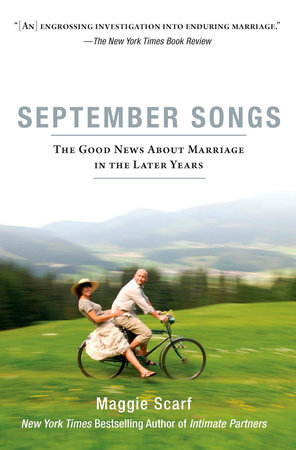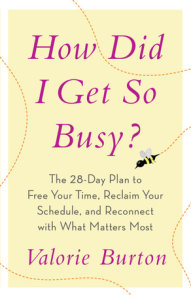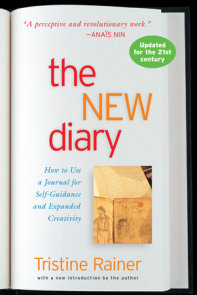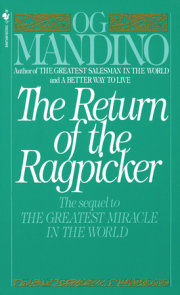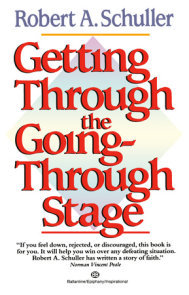READERS GUIDE
Questions and Topics for Discussion
INTRODUCTION
“It is the awareness of mortality that makes life’s afternoon so ripely poignant and so sweet” (p. 228).
A few years after Maggie Scarf first published Intimate Partners, her groundbreaking bestseller on the new mechanics of marriage, she began to notice that the institution was again undergoing some profound changes—largely due to the fact that the normal human lifespan has increased by as much as thirty years over the course of the twentieth century. Couples today are more likely to live longer and have more time together. Scarf wanted to know how these marriages and individuals have evolved as a result.
As we all have seen, a host of issues—from infidelity to health problems to disagreements about childrearing or money—can shatter a marriage. But statistics show that divorce rates plummet after the first eight years of marriage. In September Songs, Scarf integrates frank and detailed interviews with baby boomer couples who have been married for at least two decades with the most up-to-date gerontological research to reveal the surprising, good news about marriage in “the bonus years” of age fifty and beyond.
Profoundly informative and eminently readable, September Songs offers a revolutionary and sorely needed celebration of long-term marriages. Scarf’s discoveries are both eye-opening and encouraging for anyone in a committed relationship—whatever their age.
ABOUT MAGGIE SCARF
Maggie Scarf is a journalist and the author of the bestselling Intimate Partners, among other books. A visiting fellow at the Whitney Humanities Center, Yale University, and a fellow of Jonathan Edwards College, Yale University, she is also a contributing editor for The New Republic. Scarf and her husband live in Connecticut.
DISCUSSION QUESTIONS






